New laws and changes that will affect Australia from January 1, 2021 and beyond
There are a raft of changes coming to welfare, health, education and other living expenses. This is what’s coming and how it will affect Aussie families.
Australians can’t holiday overseas yet — but they will be gouged more from today for passports as higher prices and new laws come into force.
The Department of Foreign Affairs and Trade confirmed to News Corp passport fees will rise annually on January 1 at the rate of inflation, making a 10-year passport for people aged 16 and over $301, compared to $298 last year.
A five-year passport for people aged under 16 or 75 and over will now cost $2 more at $152.
Emergency and replacement passports will cost $189, which is also $2 extra.
The priority processing fee will now be $220 and the overseas surcharge for adults and children will cost $1 extra at $135 and $66 each.
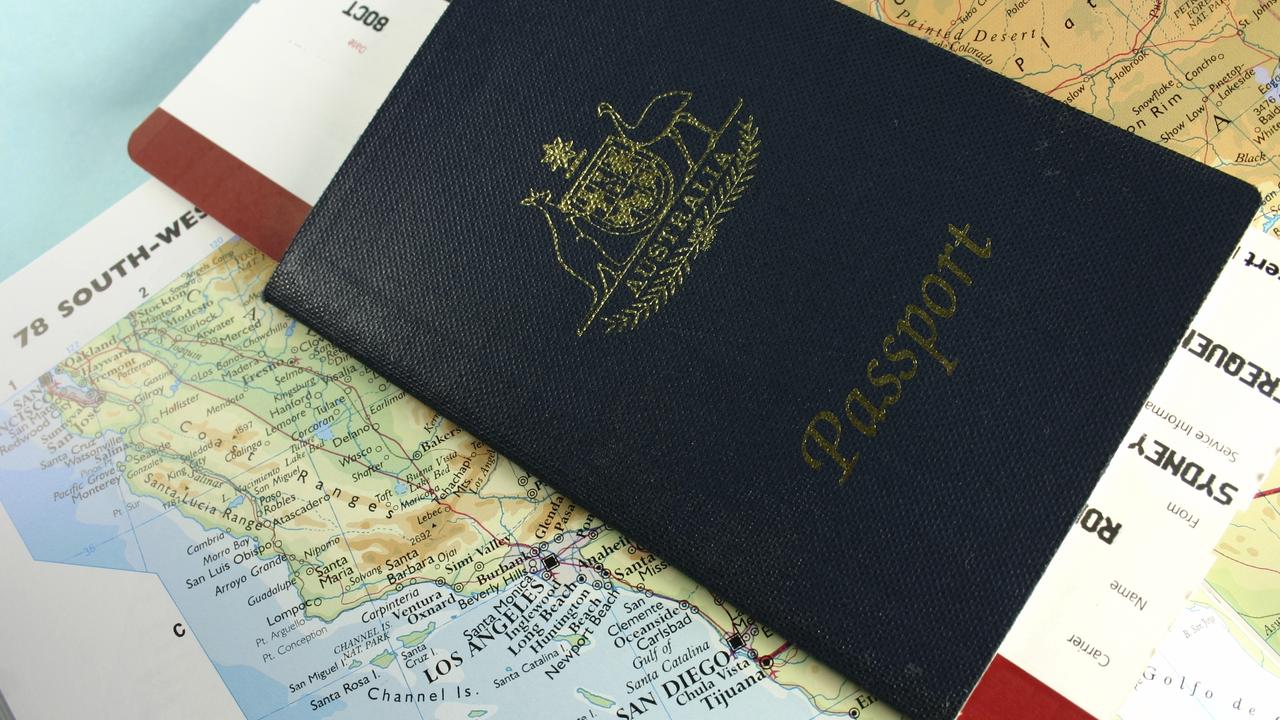
ROAD TOLLS
Those travelling and holidaying on our roads will also be hit with an increase in road tolls.
In NSW, motorists will be slugged anywhere up to 98 cents extra for the West Connex M4, M5 East and M8 Motorway.
The West Connex M4 will have a minimum toll of $2.06 for cars and motorbikes, and a maximum of $8.52.
Heavy vehicles will be charged a minimum of $6.20 and a maximum of $25.58.

The M4 at Parramatta will also have an $8.52 toll charge for cars and motorbikes, and a heavy vehicle charge of $25.58.
The M8 Motorway will have a maximum toll of $7.23 for cars and motorbikes and $21.70 for heavy vehicles.
The M5 East will have a minimum toll of $3.16 for cars and motorbikes and a maximum of $7.23. Heavy vehicles will have a minimum toll of $9.48 and a maximum toll of $21.70.
The Eastern Distributor (Northbound) toll will be increased by 13 cents to $8.21 for cars and nine cents more to $16.42 for non cars.
The Lane Cove Tunnel will remain the same price of $3.43 for cars but increase to $11.40 for non cars, adding an extra 18 cents.
The Hills M2 Motorway’s Main Toll Plaza will cost 13 cents more at $8.12 for cars and $24.34 for non cars, which is a 37 cent increase.
There are no changes to Cross City Tunnel and The M5 South-West Motorway tolls.
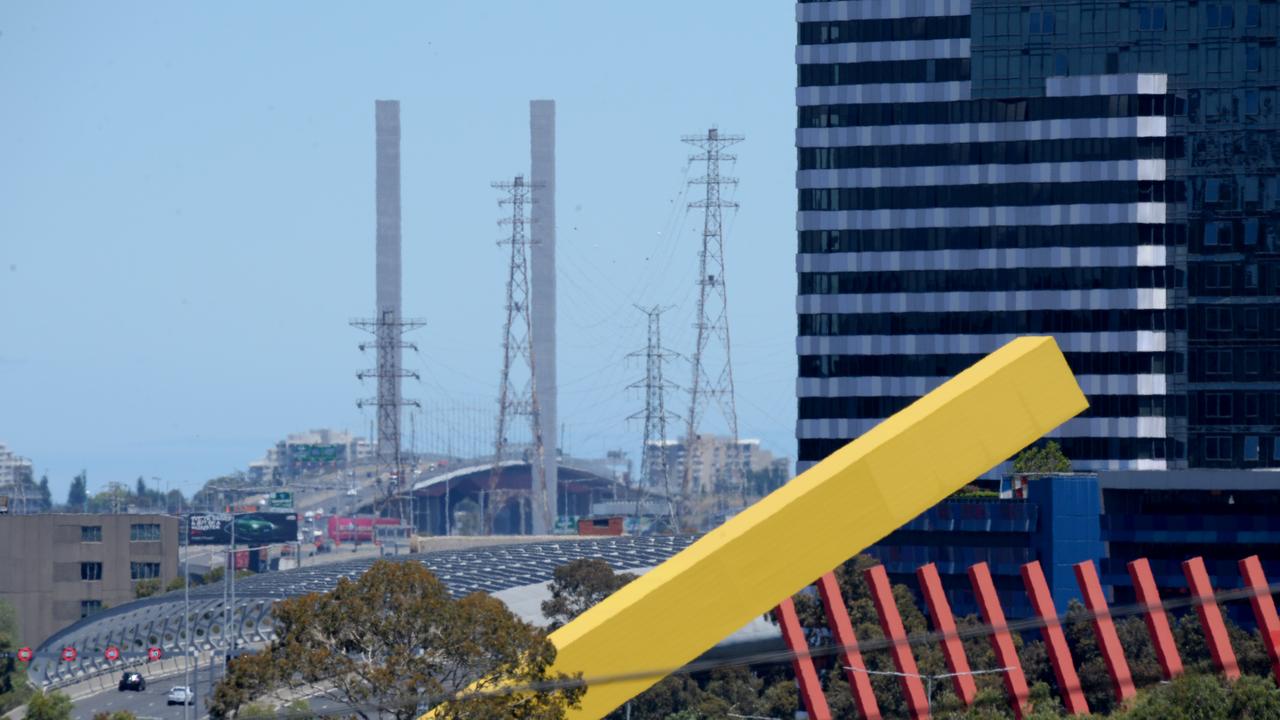
In Victoria, tolls on Melbourne’s CityLink will increase by between two and 10 cents on January 1 for cars.
A trip across the Bolte Bridge will increase from $3.32 to $3.35, the Burnley Tunnel goes up from $5.97 to $6.03 and a trip from Flemington Road to the airport will change from $2.65 to $2.68.
EastLink tolls range between $1.21 and $6.48 for cars.
An EastLink spokesman said prices were scheduled to change in line with CPI on July 1 so will be unchanged on January 1.

In Queensland, most of Brisbane’s major arterial tollways will be spared a price increase, with Transurban’s website stating it only increases the fares on July 1 each year.
The one exception is the AirportLinkM7, which runs between Bowen Hills, Stafford and Nundah, which will have its price adjusted on January 1 in line with Brisbane’s inflation rate.
A journey in a class two vehicle, or car, will increase on the AirportLinkM7 by 4 cents to $5.70.
HEALTH
In the health sector, two cancer drugs will become cheaper after being added to the Phamaceutical Benefits Scheme. Darzalex, a drug that treats blood cancer, will cost $41.30 a month or $6.60 with a concession card. It would otherwise cost up to $160,000 per annum.
The drug allows patients with multiple myeloma, which is an incurable cancer of plasma cells found in bone marrow, to go for years before needing further treatment.
Australians living with non-small cell lung cancer will be able to access the drug Tagrisso on the PBS at the same prices. It would otherwise cost $88,000 a year.
Tagrisso is a ‘targeted therapy,’ which works on specific types of cancer cells where a specific mutation is present, to block their growth.
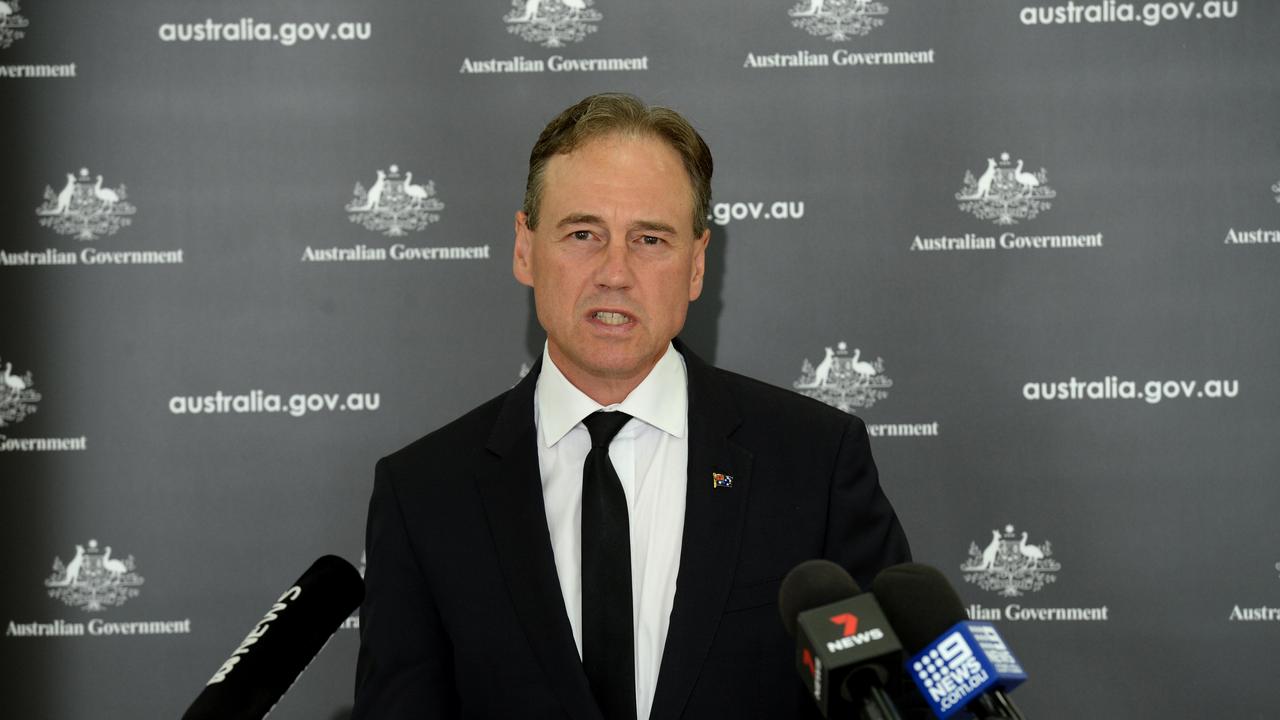
From January 1, families who suffer a stillbirth will receive $3,606.81 regardless of whether this is their first or subsequent stillbirth.
Families not accessing paid parental leave that experience a neonatal death would also receive one-off assistance of up to $3,606.81, through the Family Tax Benefit and newborn supplement, subject to meeting eligibility.
Families that have received a lower rate of newborn supplement for a second or subsequent child who later die before their first birthday would now receive a top up amount of up to $1,139.32.
The government is also aiming to have as many people vaccinated against COVID-19 as possible in 2021.
The first vaccinations will likely be rolled out in Australia in March 2021. It will be free and voluntary.

MEDICARE
The government has also extended Medicare subsidies for Telehealth services to March 31 and health premiums will see changes on April 1 2021, when the maximum age of dependants under family private health insurance policies increases from 24 to 31 years. For dependants with a disability, there will be no age limit.

SUPERANNUATION
From today, no one can apply for early access to superannuation anymore. But workers who sign new enterprise agreements made on or after January 1 will get the right to choose their own super fund.
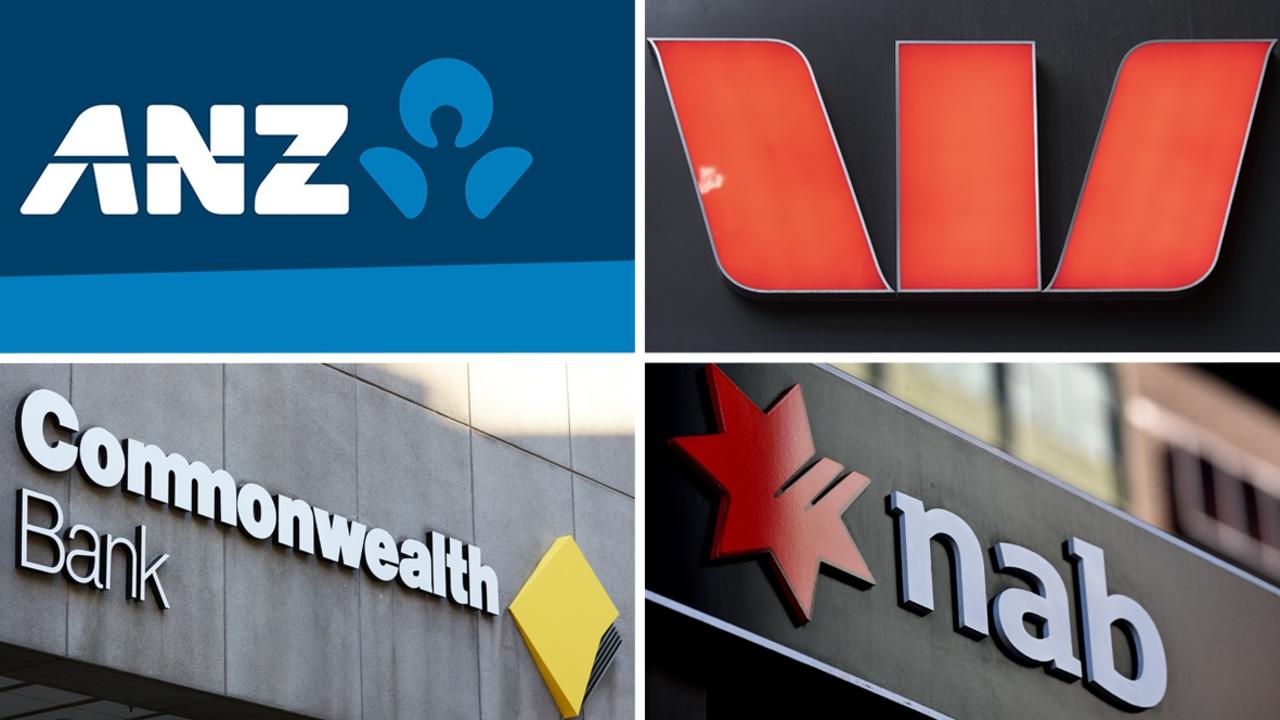
INSOLVENCY
New insolvency regimes will be introduced which involve a new process for small businesses where financially distressed but viable companies can restructure their existing debts and continue to trade, with a faster and lower-cost liquidation process.
The changes affect incorporated businesses (Pty Ltd entities) with liabilities of less than $1 million and allow a company to continue to trade under the control of its directors while a debt restructuring plan is developed and voted on by creditors.
BANKING AND FINANCIAL SERVICES
In response to the Hayne Royal Commission into Misconduct in the Banking, Superannuation and Financial Services Industry, the government has strengthened unsolicited selling (anti-hawking) provisions to prevent pressure selling, introducing a deferred sales model for add-on insurance products and making the handling and settlement of insurance claims a ‘financial service’.
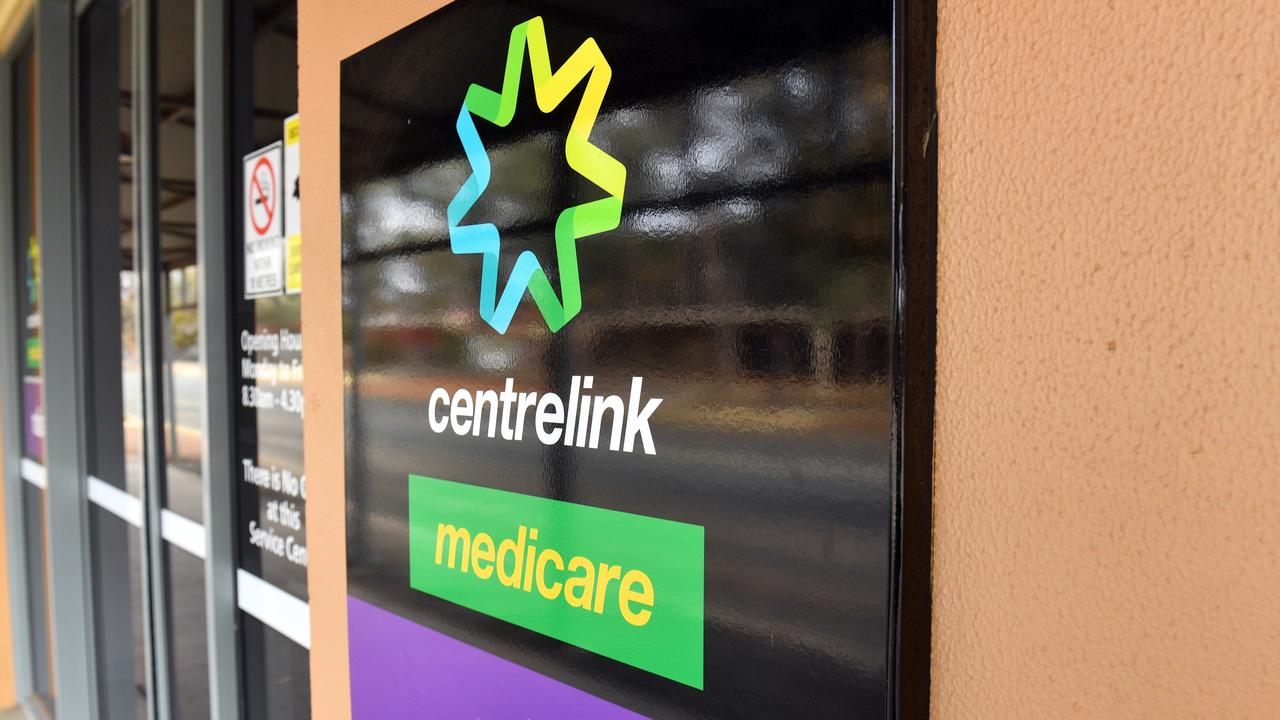
WELFARE
As for welfare, the JobKeeper payment will be cut on January 4 from $1200 to $1000 for full-time workers and from $750 to $650 a fortnight for part-time employees. It will be axed completely by March 28, 2021.
While the JobSeeker payment will continue until March 2021, it will be cut from $250 to $150 a fortnight from January 1.
In February, 2021, eligible employers will be able to access the JobMaker Hiring Credit for each new job they create. It will give $200 a week to employers who hire anyone aged 16-30, and $100 a week for any worker aged 30-35.
The government’s pause on Centrelink debt recovery also continues until February, but for those living in Victoria or a bushfire declared area, the pause on repayments will remain in place until people are notified.
Pensioners, disability carers and veterans will receive their second $250 cash payment in March 2021 as part of the government’s support payments.
Commonwealth Seniors Health Card holders and pensioner concession cardholders are also eligible for the payment.
Most Australians can also expect a tax cut after the government brought forward the second stage two of their tax cuts. The following income brackets can expect these rebates:
*$21,886 – $45,000: up to $1080
*$45,001 – $90,000: $1080
*$90,001 – $120,000: up to $2430
*$120,000+: $2430
CHILD CARE
The government’s child care recovery package also continues and includes the relaxation of the activity test for families whose activity level has been impacted by COVID-19. It will be extended to April 4, 2021.

HOMEBUILDER
Today, the HomeBuilder program will offer eligible homeowners or first home buyers a $15,000 grant for building contracts for new builds and substantial renovations signed between today and March 31, 2021.
An increase to the property price cap for new build contracts in NSW and Victoria to $950,000 and $850,000, where the contract is signed between January 1 and March 31 2021.
The existing new build property price cap of $750,000 will continue to apply in all other states and territories.

ENERGY
As for power prices, the Australian Energy Regulator has instructed energy companies and networks to waive any disconnection, re-connection and/or contract break fees for small businesses which have gone into hibernation, along with daily supply charges to retailers, during any period of disconnection until at least March 31, 2021.
They must offer all households and small businesses who indicate they may be in financial stress a payment plan or hardship arrangement, and defer referral of any customer to a debt collection agency.
In Victoria, the government’s Default Offer price review will see average annual bills fall by 10 per cent for residential customers and 14 per cent for small business customers.
The price applies to the tariffs licensed retailers (who sell electricity in Victoria) can charge residential and small business customers.
Origin said its electricity prices in Victoria will fall by an average of 11 per cent from January 1, for residential customers on variable rate plans, saving an average Victorian household approximately $186 on their annual electricity bill. But for natural gas, prices for residential areas increase by 2.7 per cent, which amounts to an average annual bill increase of $34. For small business customers on standing offers, prices will increase by an average of 4.2 per cent, or approximately $160 on an average annual bill.

UNIVERSITY GRADUATES
Under the government’s Job-ready Graduates package, changes come into force to
create up to 30,000 new university places and 50,000 new short course places in 2021, and provide more support for students in regional and remote Australia.
Student contribution amounts that must be paid to study law, accounting, administration, economics, commerce, communications, society and culture will increase to $14,500 a year.
Those studying dentistry, medicine and veterinary science will now pay more at $11,300 a year.
Other health, allied health, built environment, computing, engineering, statistics, surveying, science, environmental studies, pathology, visual and performing arts, professional pathway psychology and professional pathway social work courses will cost $7950 a year.
Agriculture, English, mathematics, education, clinical psychology, foreign languages and nursing courses will now cost $3950 a year.
Students already enrolled in these courses will have their contribution amounts grandfathered.
For 2021, the HELP loan limit will be $108,232. Those planning to study medicine, dentistry, or veterinary science, or eligible aviation courses the HELP loan limit will be increased to $155,448.
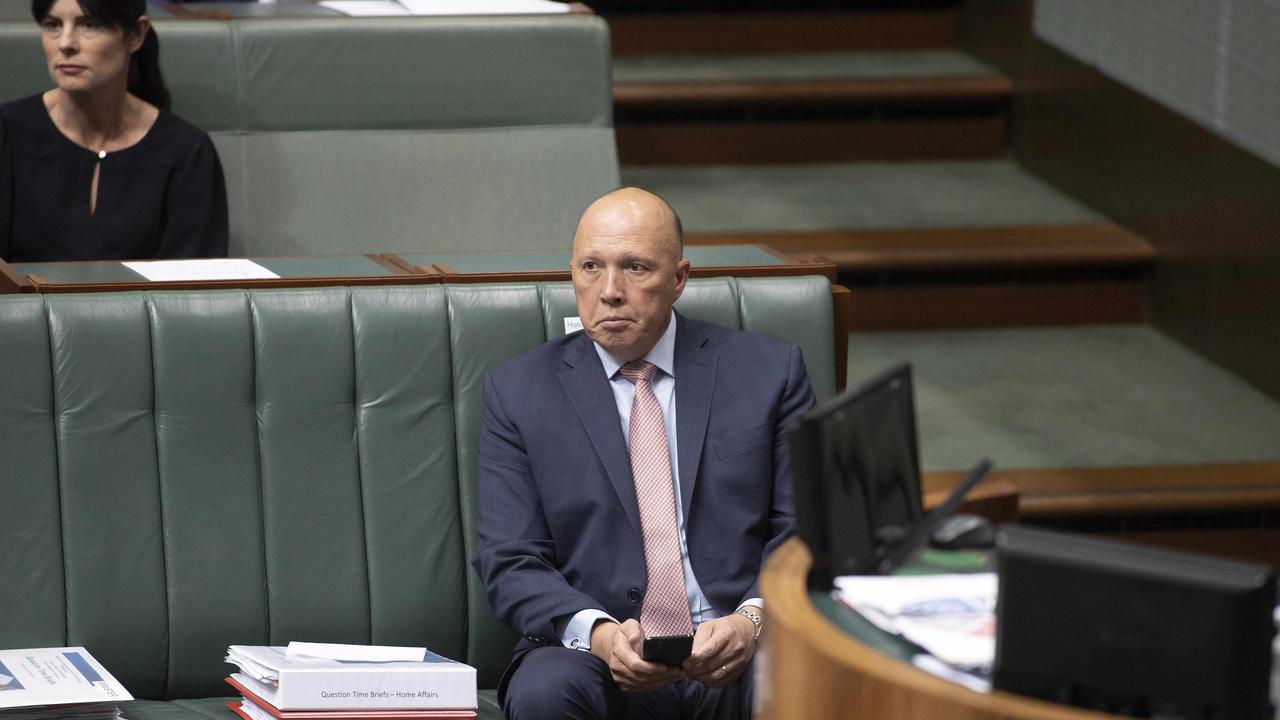
VISAS
The Department of Home Affairs has said it will implement a concession for visa applicants who applied for their visas offshore then came to Australia and are stuck here due to border closures.
The COVID-19 concession period starts February 1 and is an interim arrangement.
The concession will apply to certain applicants for the following family visa subclasses:
*Child (subclass 101) visa
*Adoption (subclass 102) visa
*Dependent Child (subclass 445) visa
*Prospective Marriage (subclass 300) visa
*Partner (subclass 309) visa
FOREIGN INVESTMENT
More broadly, foreign investment rules will also change, making it mandatory for a foreign person to notify the Foreign Investment Review Board (FIRB) to acquire a direct interest in a national security business, start a national security business or acquire an interest in national security land.
A national security business will include those which own or operate critical infrastructure, telecommunications businesses and provide critical military-use goods, technology or services to Australia’s defence or intelligence communities.
National security land broadly includes defence premises, land in which a national intelligence agency has an interest.
The Treasurer will also be able to “call in” transactions not otherwise requiring approval or (in certain circumstances) to unwind previous approvals given to protect “national security”.
Foreign investors will also need to update a new register when their interests in relevant assets change or cease.

TECHNOLOGY
WhatsApp, the Facebook-owned messaging app, has confirmed it will withdraw support for several Android and iOS devices today. This will include any smartphone running on a version prior to Android 4.0.3 or iOS 9. This means Android phones including Samsung Galaxy S2, HTC Desire, LG Optimus Black and others will no longer be able to run WhatsApp. Similarly on the iOS side, iPhone 4 and earlier models will not support it. Any model above the iPhone 4 will have to run iOS 9 or higher to use it.

Twitter is also updating its accounts verification policy. From January 20, accounts that are not properly verified with an email address or phone number, a profile image and a display name may be at risk of losing their verification badge.
More Coverage
Originally published as New laws and changes that will affect Australia from January 1, 2021 and beyond



